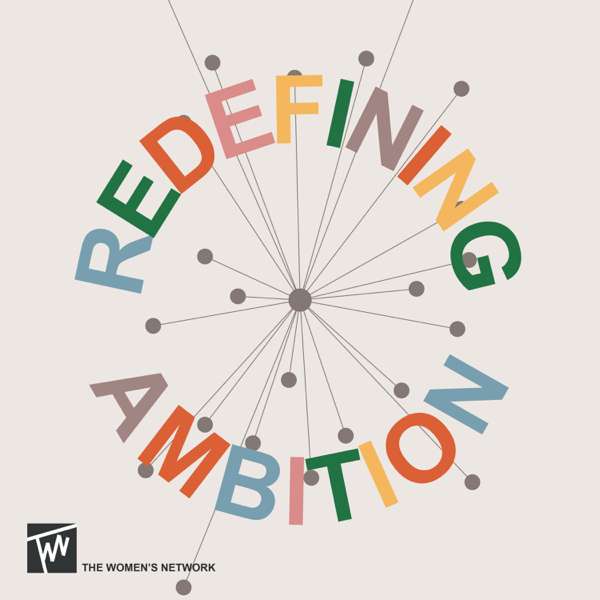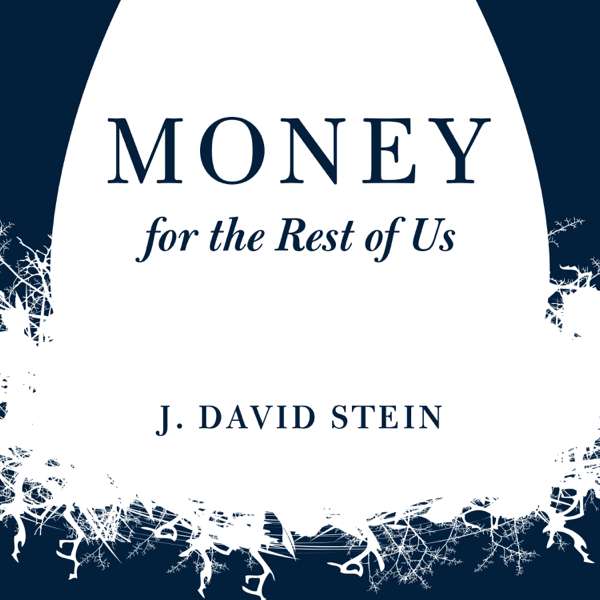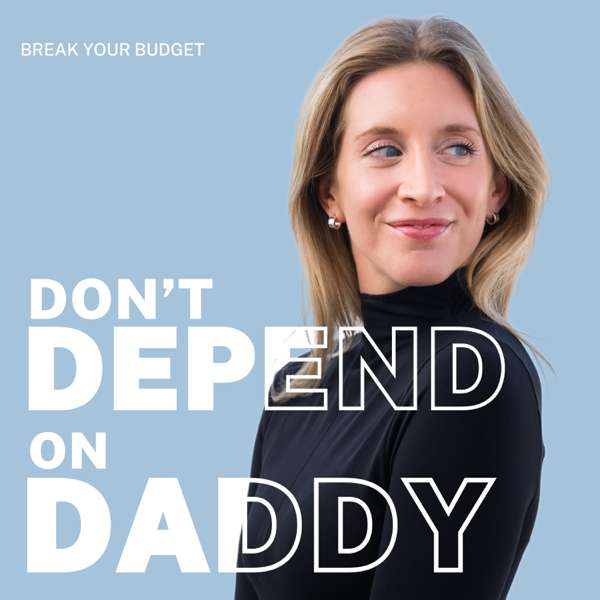When it comes to time and money, we all feel like there’s not enough.
And in a sense, it’s true. It would be nice to have unlimited time and unlimited funds.
But if you’re reading or listening to this, chances are that you have the ability to experience a new relationship with money and time.
Stay with me, I know this is going to challenge your beliefs.
When I first started trying to untangle my social conditioning about the scarcity of the resources around us… it really challenged me, too.
I’m not trying to gloss over or self-help our way through the real systemic issues that are keeping people from getting the money and time resources they need.
But rather, what I’m offering is a way to “uncouple” from the need for “more” so that we can take back our power.
As workers (whether self-employed or not) and as humans.
Let’s start with money.
There are studies that show that once you reach a certain income level, more money doesn’t improve your happiness or comfort levels.
I’ve seen it quoted as $75,000/year.
There’s a lot that goes into this number – I believe people should have access to housing, education, healthcare, and safety too.
It’s not just about an arbitrary dollar amount.
But beyond a certain amount of money, we reach hedonistic adaptation.
The hedonic treadmill, also known as hedonic adaptation, is the observed tendency of humans to quickly return to a relatively stable level of happiness despite major positive or negative events or life changes. (https://en.wikipedia.org/wiki/Hedonic_treadmill)
Brickman, Coates, and Janoff-Bulman investigated the hedonic treadmill in their 1978 study, “Lottery Winners and Accident Victims: Is Happiness Relative?”
Hedonic adaptation involves a happiness “set point”, where humans generally maintain a constant level of happiness throughout their lives, despite events that occur in their environment.
Basically, it’s a human trait where once we have more, we get used to it.
Here’s a concrete example.
Let’s say you are used to eating thrifty ramen noodles because you don’t have a lot of money to spare.
Then your business starts to do better and you move up to cooking more elaborate meals.
Now you get used to these meals and you don’t really appreciate how much of a difference it is compared to your cheap noodles anymore.
Then one day, you decide to splurge at the farmer’s market and start eating all locally grown fresh stuff.
Now that’s your new normal, just a few months later.
You adapt to each change and your happiness level comes back to a regular baseline.
You’re just as happy eating ramen as you are eating gourmet foods.
That’s not to say that eating well isn’t worthwhile, but our feelings and happiness toward improvements quickly get back to “this is normal for me now”.
That’s why even if you move to a bigger house, or buy a fancier car, or upgrade your wardrobe: you don’t feel happier after the initial rush wears off.
So if hedonistic adaptation means that we continue to feel just as happy after a certain level of income…
How does that play out when we are trying to be happy today?
Most of us have a sense that we should be earning more, saving more, and accumulating more wealth.
Everything around us is telling us the same thing.
More will make you happier.
This is a lie.
Even millionaires fall for it.
A Harvard professor asked millionaires how much more money they would need to have to reach a 10 on the happiness scale.
- Those with $1 million would need $2 million.
- Those with $2 million would need $4 million.
- Those with $3 million would need $6 million.
You see where this is going.
We think more money will make us happier.
But we need to realize this isn’t true.
So if more isn’t the solution, enough is.
Knowing what your “enough” looks like is probably one of the most life-changing things you can recognize.
Enough money usually comes down to what you value in life, and that’s going to be different for everyone.
But let’s say that your enough includes being able to take care of your family:
- put a roof over your heads
- feed and clothe them
- and educate and protect those you love
Or maybe your enough includes feeling secure in your retirement years or having a car that doesn’t break down when you need it.
There may be a way to calculate an actual number that you need to reach this enough point.
It could be an annual income you’re aiming for.
Or it could be a certain amount in savings and investments.
But once you come at the “more money” problem with the lens of “what is enough money for me” you can find solutions.
Your brain sees how you can get there.
Whether it’s living within our means, or realizing that we already have enough.
Marketers have a vested interest in keeping you chasing the next six-figure launch and the next echelon of wealth. Not to mention getting you to click buy on that ad or website.
Because when you’re stressed out and overworking, you spend more.
You’ll exchange money for convenience and for “stuff” that makes you feel better.
Feel like there’s never enough time?
This brings me to the feeling of “never enough time”.
If you think that we have a wonky relationship with not enough money, wait until you meet not enough time.
With money, we can be a bit more objective.
Either you have the funds to cover your monthly bills or not.
Either you have money saved away for a rainy day or not.
These are tangible numbers that you can track. This means you can look at the numbers and remind yourself of the power you have over these numbers.
Whether it is by spending less, bartering, or earning more over time.
But for time, we all have the “same” 24 hours.
These “same” 24 hours are so incredibly different because we have circumstances that essentially bend time differently for each of us.
Some people are in health situations that require more rest or that don’t allow for the same efficiency or ability to “get things done”.
Others might have kids, parents that need help, or other commitments like daily farm chores.
Still, others might have team members, supportive spouses, or access to other conveniences like paid help.
Then we get to work, which tends to take the biggest chunk of people’s time.
It doesn’t matter if it’s a business you run or working for others, work can and will take over your “downtime” if you let it, in the form of thinking about work even when you’re not working.
But I started things off by saying that there is a way to experience an abundance of time.
Full disclosure: I’m not able to create more hours in a day, or improve your health and efficiency so you can get more done, faster.
However, there is a mindset shift that clicked for me when I heard this quote from Dr. Amanda Crowell, author of the book Great Work.
The quote goes like this, and please let it sink in:
“There is enough time to do everything that matters.”
Now, the quote by itself might make you realize that yes… at the end of the day, you have enough time to do the things that matter the most to you.
But what tends to happen is that we only prioritize things that society tells us is important.
Notably, working and making money.
I’ve definitely spent the last decade and a half focused on building my business, networking, and doing work to provide for my family.
If I could trace an activity back to how it could potentially lead to more money down the road, then I prioritized it.
Often at the detriment of my health, quality time with friends and family, and simple pleasures like reading fiction or being creative.
The magic part of realizing there is enough time to do everything that matters… is figuring out what “really matters” to you.
Not to your country’s GDP.
Not to your neighbors, your peers, or what you’re supposed to care about.
Especially when you recognize that you’re on the hedonistic treadmill, and working harder to make more money isn’t the solution to how you’re feeling right now.
- The solution might be taking a nap.
- It might be going for a walk.
- Spending time gardening.
- Learning a new hobby.
- Making love.
- Resting.
The other important point that cognitive psychologist Dr. Amanda Crowell shares around this topic is that you need to take different actions to retrain your brain around time abundance.
What that means in practice is that if spending time exploring a creative project matters to you, but you keep putting it off, you’re training yourself to think there’s never enough time.
But if you give yourself even just 30 minutes or 1 hour per week to do this creative exploration, you’re sending a signal to yourself that there is enough time.
Now, I’m fully aware that we don’t all have the same 24 hours and just squeezing “more” in isn’t the solution.
Yes, we often do have to make decisions to remove things from our days to make space for what matters most.
You can take breaks from projects, renegotiate deadlines, and ask for help.
It might take a while to start carving out the time you want to dedicate to other things.
I’ve been working on improving my relationship to time for a while now. It’s still not perfect, but how I see my time has shifted a lot.
I don’t need to feel like time is scarce, I get to choose how I spend it, within the parameters and structure of my life in this season.
If you didn’t expect the solution to be “find ways to be happy with what you have now”, I’m sorry about that.
It’s a very Buddhist approach to say “desire is the root of all suffering.” When we accept what is, when we stop striving for more, we can enjoy what we have.
Over to you now
I realize that having enough time and money to do everything that matters to you might be a tall order.
I’d love to hear your thoughts about this topic. Did some of this help to shake some of your assumptions loose? Will you be looking at time or money a little differently?
Leave a comment below. I’m still in full-on practice mode for this myself, and I’d love to practice alongside you.

 Our TOPPODCAST Picks
Our TOPPODCAST Picks  Stay Connected
Stay Connected





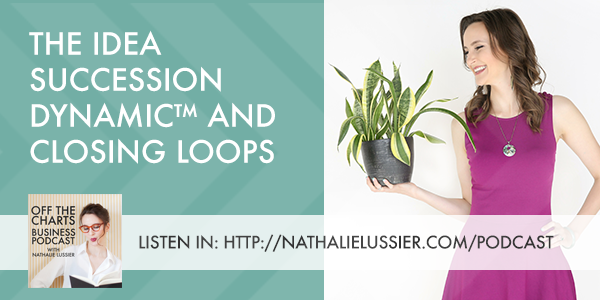




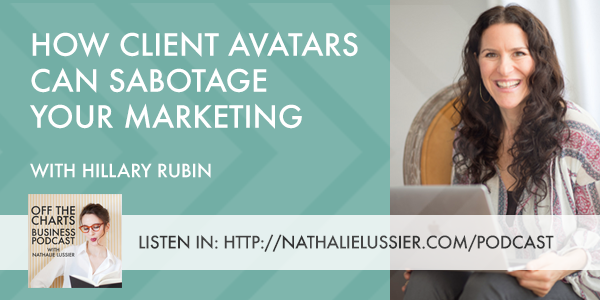

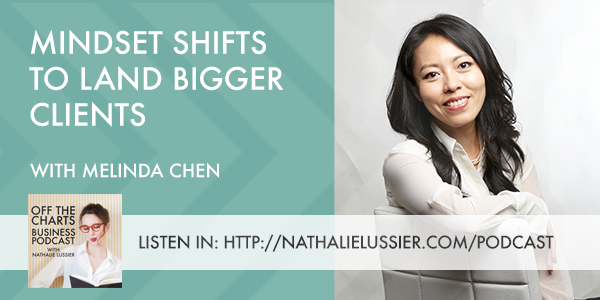





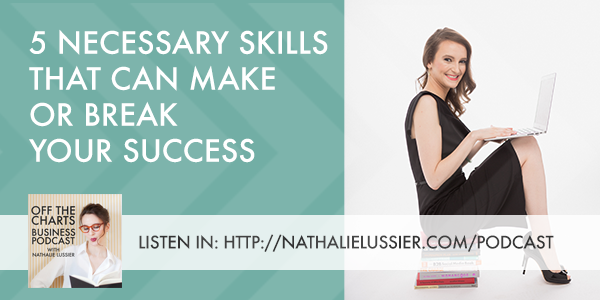
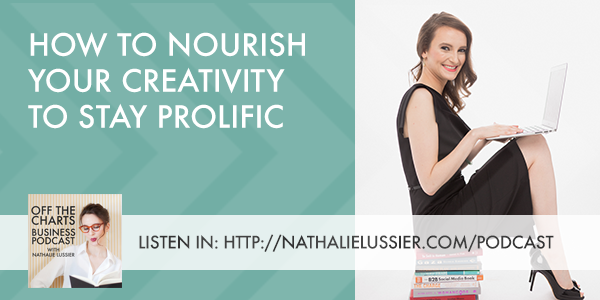







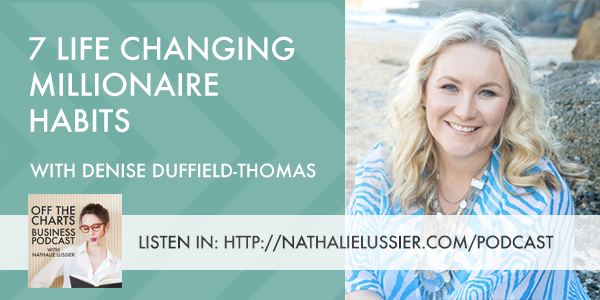

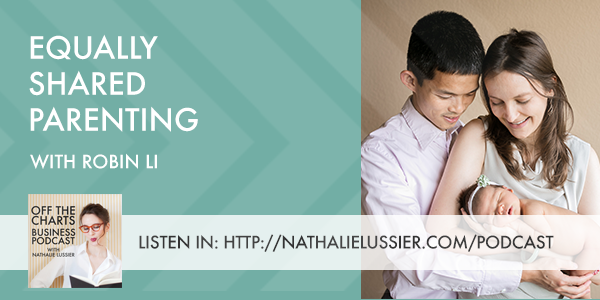
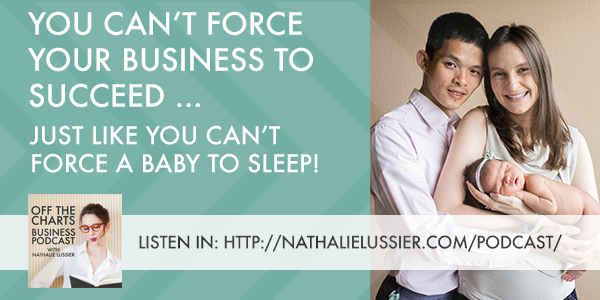

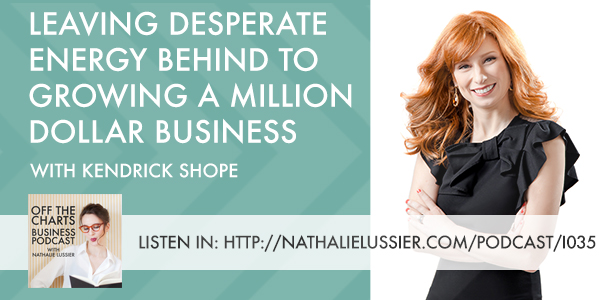


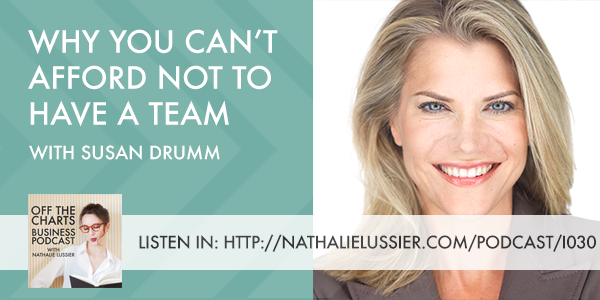

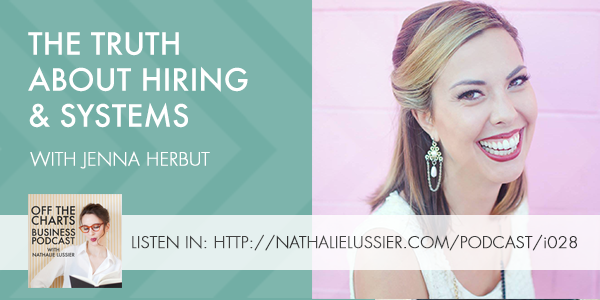

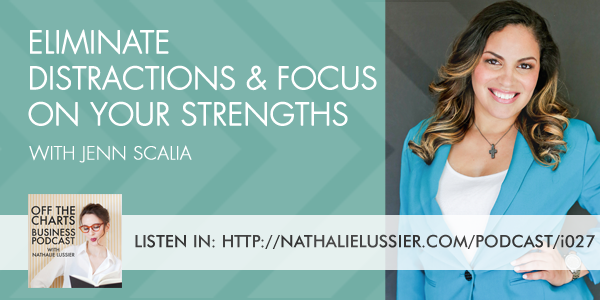

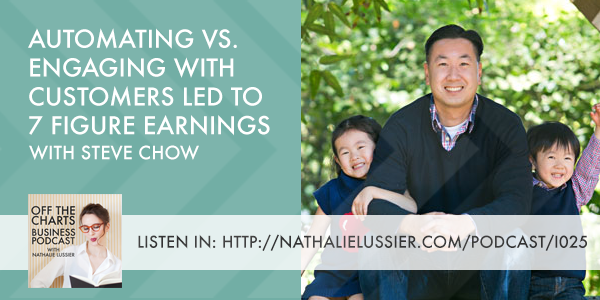









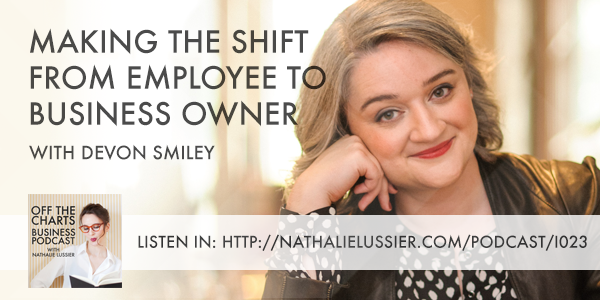
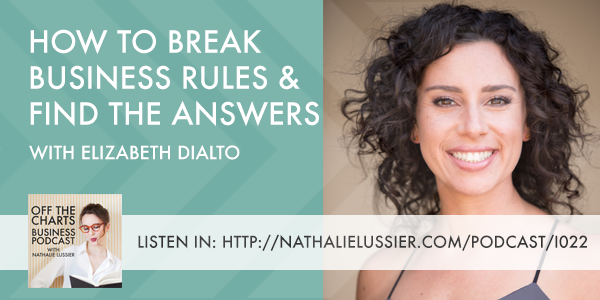
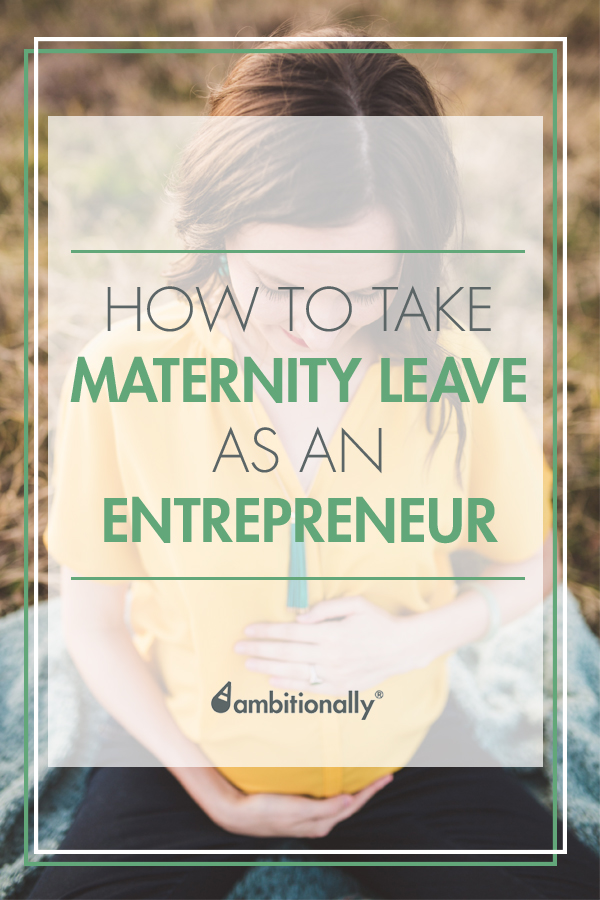














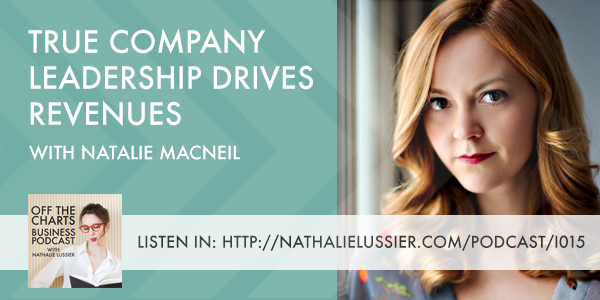



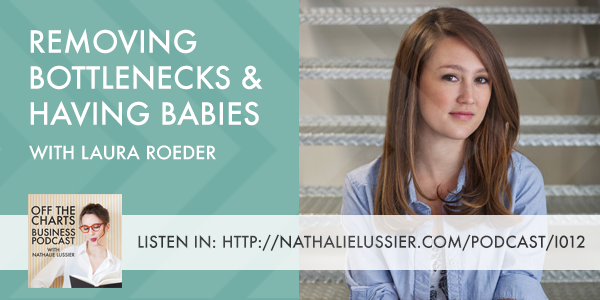
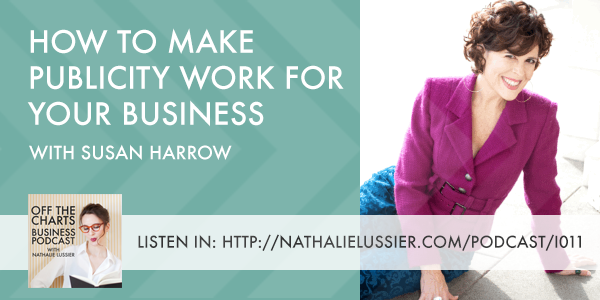
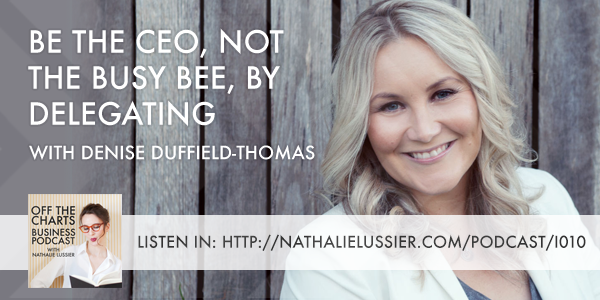

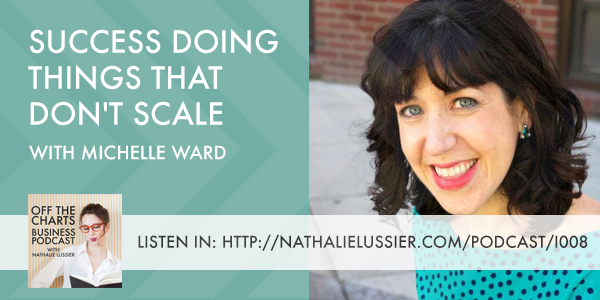


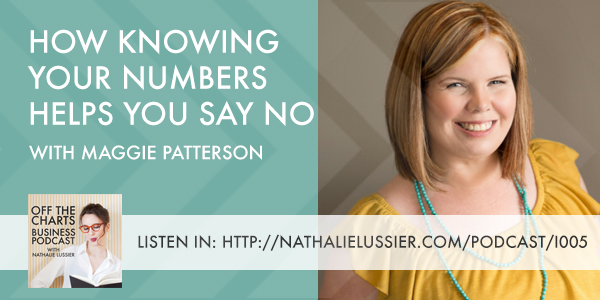




 Amy shares a great exercise to get clear on hiring your next rockstar team member, and if you’ve never done this exercise get out your pen and paper because you are going to love the results that Amy is sharing today.
Amy shares a great exercise to get clear on hiring your next rockstar team member, and if you’ve never done this exercise get out your pen and paper because you are going to love the results that Amy is sharing today.
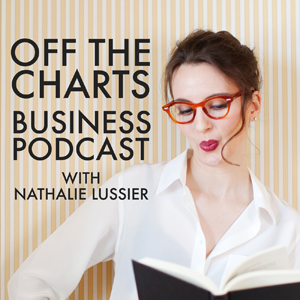 This is the second installment in my 5 minute business book review series.
This is the second installment in my 5 minute business book review series.


